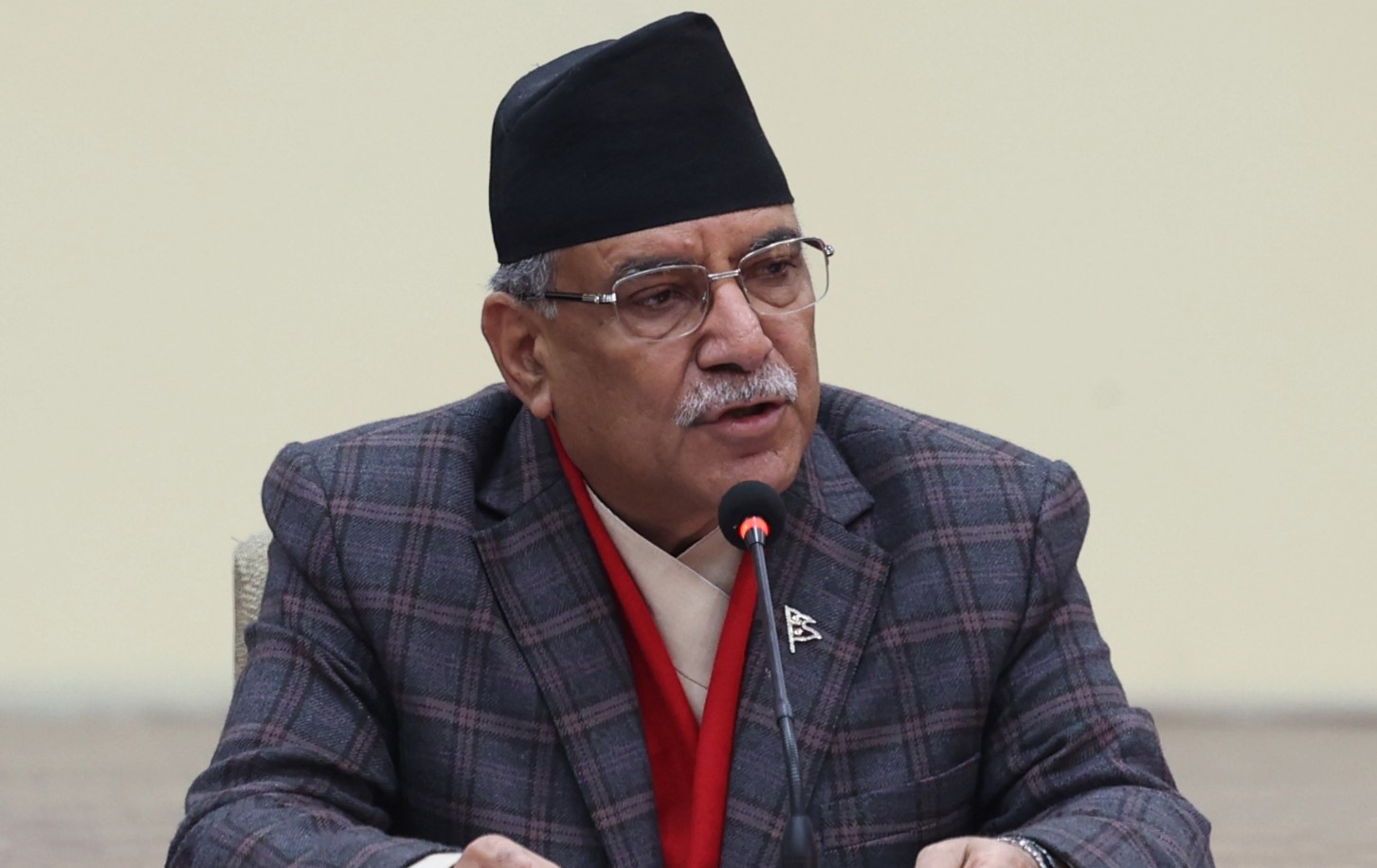KATHMANDU: Nepal’s political landscape is witnessing a notable decline in the support for Pushpa Kamal Dahal Prachanda, who, after making sudden change in coalition, is encountering the formation of a formidable opposition alliance.
Concerns about Prachanda’s leadership have prompted several members of the ruling party to unite in a strong opposition alliance, with a collective decision emerging not to extend a vote of confidence to PM Prachanda.
Scheduled for March 13, PM Dahal’s vote of confidence faces resistance from within his own coalition.
Despite the general expectation of securing 151 votes, including support from CPN-UML, Maoist Center, Rastriya Swatantra Party (RSP), Janata Samajwadi Party (JSP), and the Unified Socialist Party, dissent is growing within the ranks.
Some parliamentarians within the ruling coalition are withholding their support, either seeking ministerial positions or retaliating against perceived threats from PM Dahal.
Leaders acknowledge the difficulty of reaching the necessary 138 votes under these circumstances.
Simultaneously, the opposition alliance is gaining strength.
The 87-seat Nepali Congress has issued a directive to its lawmakers to vote against Prime Minister Dahal, while the 14-seat Rastriya Prajatantra Party (RPP) has unequivocally chosen not to endorse a vote of confidence.
The decision from Janamat (6 seats), Loktantrik Samajwadi Paryt (4 seats), Nagarik Unmukti Party (4 seats), Janamorcha (1 seat), Nepal Workers and Peasants Party (1 seat), Aam Janata Party (1 seat), and independent lawmakers (2 seats) to abstain from supporting the vote of confidence brings the opposition’s open defiance to 117 MPs.
Observers opine that with the ruling coalition’s internal strife and the growing opposition, PM Dahal is unlikely to secure a vote of confidence, potentially leading to the formation of a new government under Article 3 of the Constitution.
PM Dahal is seeking a vote of confidence on March 13.









Comment